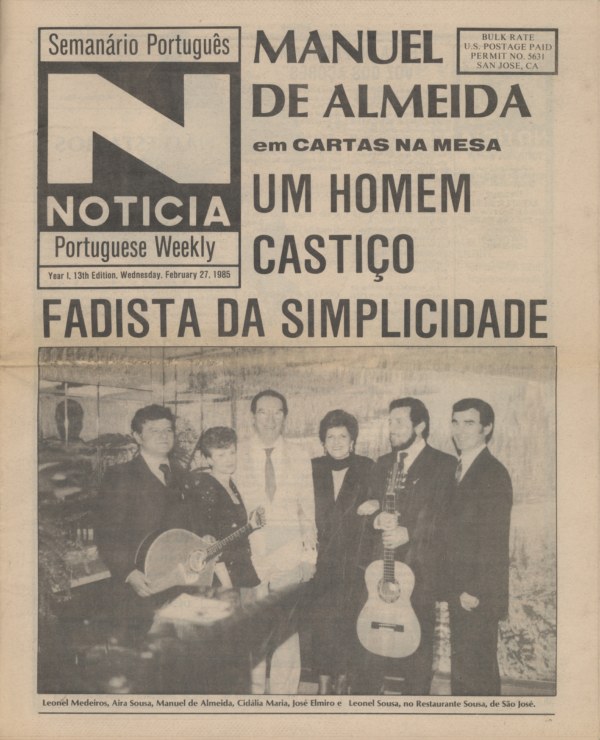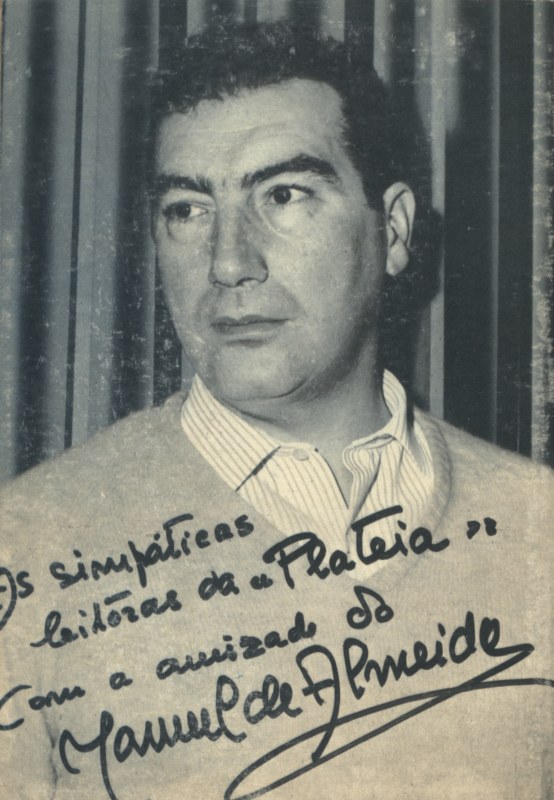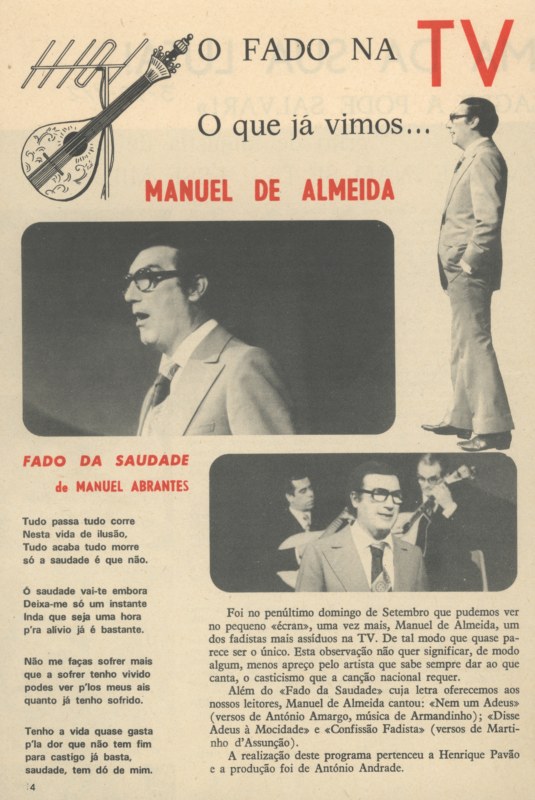Know more:
Manuel de Almeida
(N. 27 April, 1922 - M. 3 December, 1995)Son of Manuel de Almeida and Belmira Ferreira, Manuel Ferreira de Almeida was born on the 27 April 1922, in Lisbon, at the Bica neighbourhood. The fado singer graduated from elementary school, but since he was not very interested in school he quit his education with his parent’s permission.
At only 10 years old he toured the fado retreats, where he watched many fado singers perform, and later he would venture into amateurish interpretations. Having to choose a professional occupation, Manuel de Almeida began working as a lady shoes’ designer until he went to serve in the army.
In 1947, after completing the military service, Manuel de Almeida gets married and two years later has a daughter who he names Edite.
Before debuting in the professional performing circuits, Manuel de Almeida starts writing a few lyrics, from which we highlight the poem "Ala Arriba", successfully interpreted and recorded by Alberto Cardia.
Accepting Maria Pereira’s suggestion, who sang at the typical house Tipóia at the time, Manuel de Almeida begins singing in public at this house. In his own words: “I went there and sang two fados. I immediately joined Tipóia’s cast”. (cf. “Diário Ilustrado”, 31 May 1960).
Thus, Manuel de Almeida only became a professional at 29 years old (1951), in order to sing at Tipóia, the house managed by Adelina Ramos, and he soon got his first pay: 60 escudos a night.
From the moment of his professional debut, Manuel de Almeida finally abandoned his other activity and developed a successful fado career, maintaining a close connection to typical houses.
The fado singer performed at Retiro do Malhão, Estribo, Olímpia Clube, Faia and came back to Tipóia, this time staying with the cast for 12 years.
Already in the 1960s, he moved from Tipóia to the house Lisboa à Noite, owned by Fernanda Maria, where he stayed for 11 years.
After deciding to live in Cascais, the fado singer started performing at Picadeiro da Torre and then at Forte D. Rodrigo, a house opened by the fado singer Rodrigo in 1979, and in which Manuel de Almeida sang for 16 years.
Manuel de Almeida’s performances were not only at fado houses; he also sang on stages, national and international, radio shows, especially Emissora Nacional, and TV shows. The fado singer entered RTP’s experimental sessions in 1956, and later appeared at countless shows.
From his national shows we highlight the visits to Porto and an artistic party held on the 24 November 1962 at the Pavilhão dos Desportos, which sold out.
Manuel de Almeida had a late start abroad. In 1966 he even says he went abroad only once – to Spain – to perform at private homes (cf. “Flama”, 16 December 1966). But during his career he performed for Portuguese communities throughout the world.
In 1971 we travelled to Mozambique with Ada de Castro, by invitation of the Centro de Informação e Turismo, and went back to Lourenço Marques the following year, 1972, to perform at the restaurant “Muimbeleli” with Lucília do Carmo.
On the 10 June 1977 he entered the Portugal’s Day celebrations in Johannesburg and performed in Stuttgart in the same context the following year. In February 1985 we did several shows in the U.S.A., in California, being so successful that he came back the following year.
Accompanying Rão Kyao, we took fado to North Korea, entering the International Typical Music Festival in 1986. His cooperation with Rão Kyao continued in the following year when Rão Kyao produced the LP “Eu Fadista Me Confesso”, a record acclaimed by the press and re-released in CD in 1992.
In 1993 he entered the International Festival of Music Croisée in Saint Sever, an important landmark for the fado singer’s career, since he got an interpretation award and a city medal.
His particular way of singing Fado was registered on about a dozen LPs and nearly 30 singles. His first records, still in 78 RPM, were released by the label Estoril in the 1950s , and include the themes: “Tempos que já lá vão”, “Antigamente”, “Fado Rambóia”, “Fado da Saudade”, “Sofrer d’ Amor” and “Os Teus Olhos”.
His first individual LP was recorded in Barcelona, but previously, in 1963, he had already released a record in Portugal with the fado singer Mariana Silva.
Some of his albums were re-released in CD, and his interpretations are frequently part of Fado Best Of collections.
His career reaches the top during the 1960s and 1970s; his repertoire includes 200 fados, many of which composed by him. (cf. “Álbum da Canção”, 1 February 1967).
Manuel de Almeida’s interpretations of “Fado Antigo” and “Mãos Cheias de Amor” became iconic, but he also made several of his poems famous, such as “Não vale a pena meu bem”, “Por te querer tanto”, “Tempos que já lá vão”, “Longe de ti”, or “É a saudade”. The Portuguese Authors’ Society has over 50 registered themes attributed to the fado singer, either as poet or composer.
The fado singer focused more on performing fado-castiço, considering it the one best suited to his temper. It is also as a true representative of this gender that he is most admired in the fado universe.
Manuel de Almeida was a sports lover during his entire life, and practiced basketball, track-and-field and box, although he favoured track-and-field for a longer time. Keeping on good shape, the 1.80 metres fado singer was always physically active, running regularly at Estádio Nacional or practicing cycling tourism.
On the 21 February 1994, celebrating his career’s 50th anniversary with a tribute concert at Teatro São Luiz, Manuel de Almeida still regularly performed in live shows, and he even entered an International Music Festival in France the year before.
Forte Dom Rodrigo was the last fado house where he performed at, singing there until nearly the end of his life. Manuel de Almeida died in Cascais, at 73 years old, in 1995. To honour the fado singer, his friends and relatives organize an annual reunion on his birthday.
Recognizing his connection to the Cascais municipality, his name was given to a street in the city and another one in Alcabideche.
Museu do Fado, in a co-production with Associação Portuguesa dos Amigos do Fado, honoured Manuel de Almeida on the 23 November 2006, in a show by Ana Maria Mendes accompanied by a diaporama by Vítor Duarte, that was part of the cycle “Amigos – Memórias e Fado”.
On September 8, 2022, the Fado Museum published the photobiography “Eu Fadista Me Confesso”. Created by Maria de Lourdes de Carvalho, this project pays tribute to the Fadista and the Man, through the most representative images of his life.
Some prizes and tributes:
Acknowledgement diploma by the Rhode Island Senate on his contribution to the Portuguese-American Community Culture;
Press Award, given by Casa da Imprensa, in 1964;
Gratitude Award, given by Casa da Imprensa, in 1992;
Interpretation Award in the International Festival of Music Croisée, held in Saint Séver (France), in 1993;
City Medal, Saint Séver (France), in 1993;
Posthumous Career Award, given by Casa da Imprensa in 1997.
Source:
“Diário Ilustrado”, 31 May 1960;
“Rádio e Televisão”, 30 March 1963;
“Flama”, 16 December 1966;
“Álbum da Canção” nº 48, 1 February 1967;
“Correio da Manhã”, 11 February 1994;
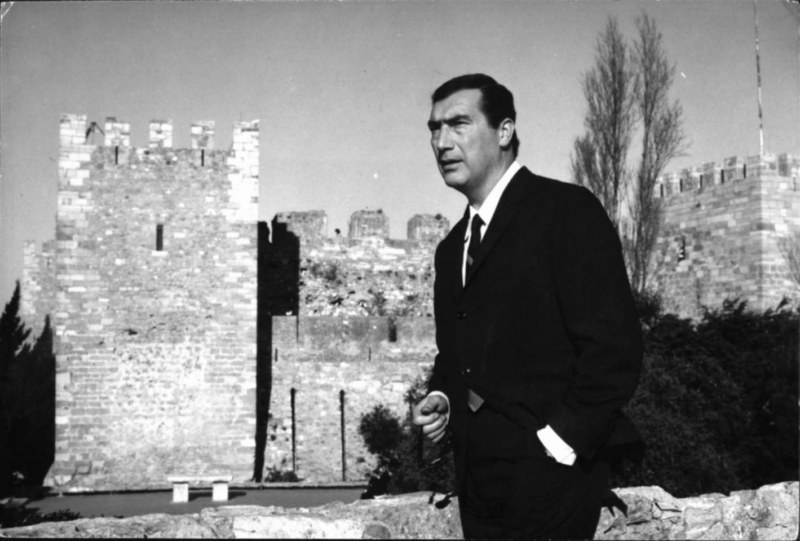
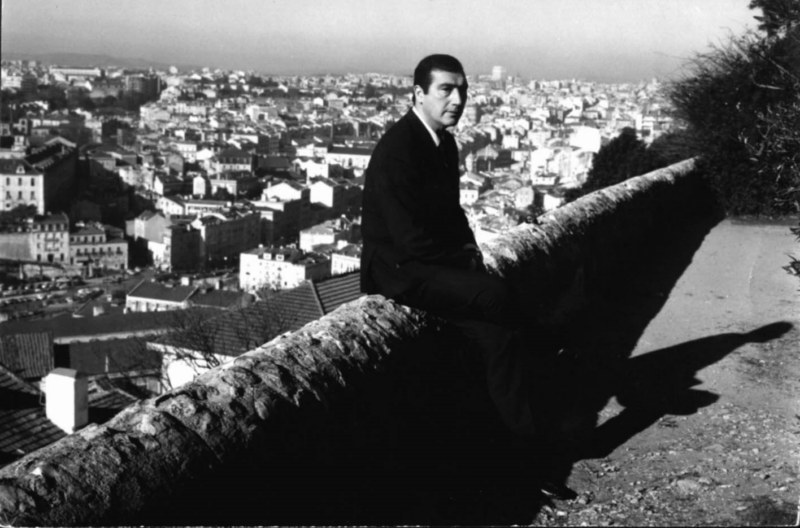
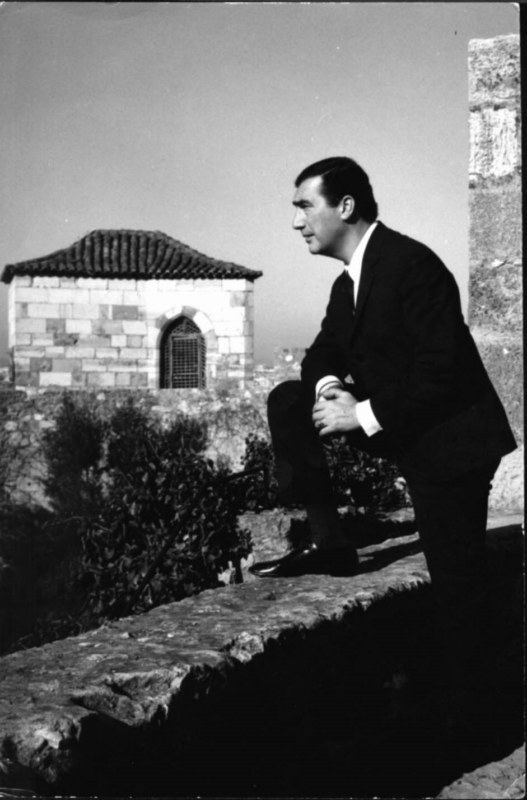
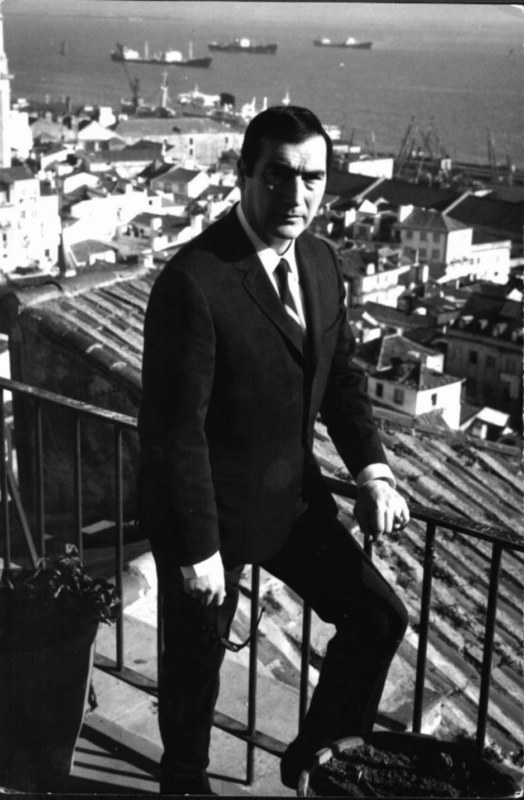
-
Mãos Cheias de Amor Manuel de Almeida (Clemente Pereira / Popular)
